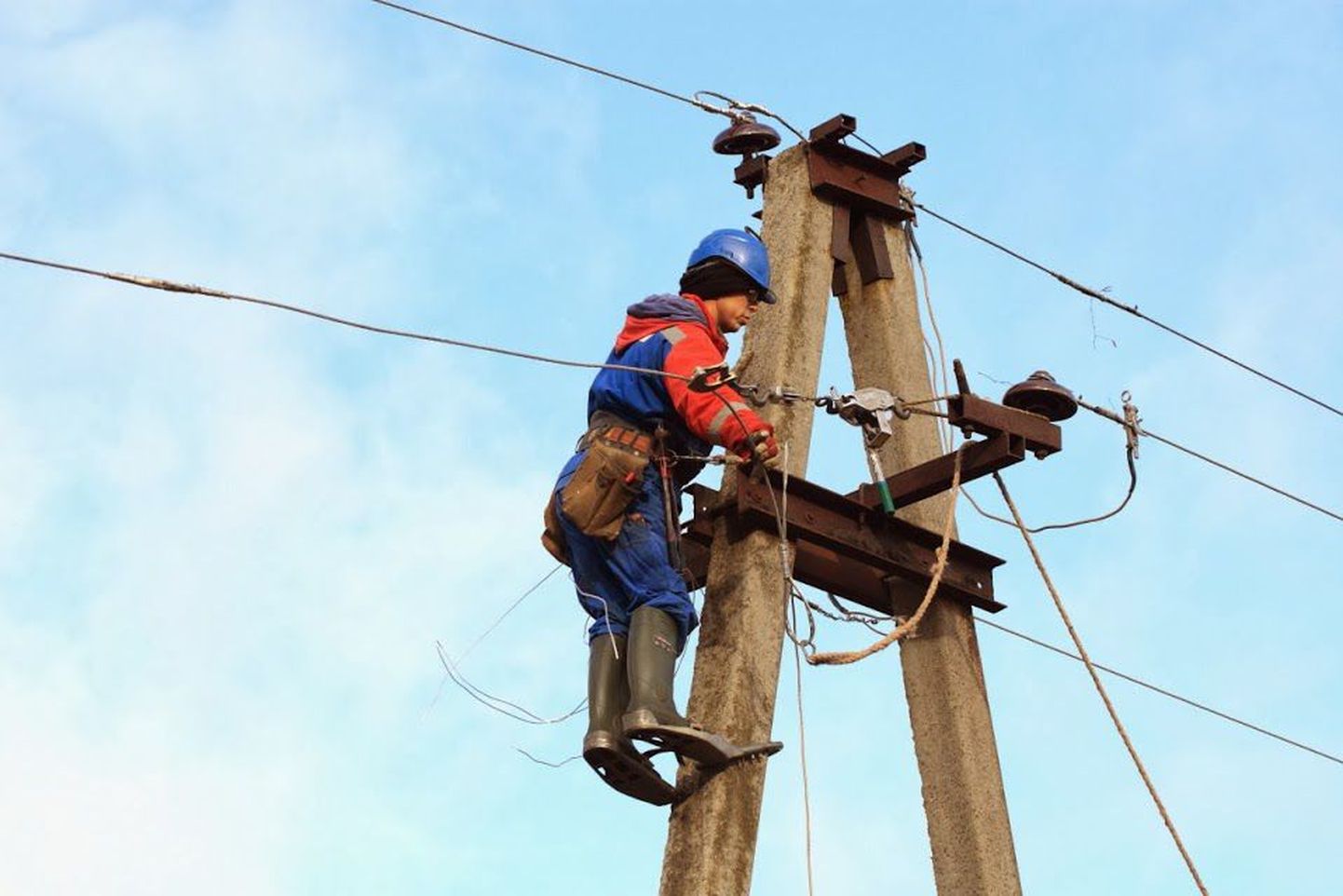For a village store, €300 worth of spoilt food is big loss. A farmstead, paying €800-900 a month in electricity bills, is justified in expecting excellence of service, not willing to write off €2,000 post-storm.
True: no one can be guaranteed total force majeure protection. Still, with countryside entrepreneurs feeling that the slightest wind will cut their power – this falls not under average breakdown statistics. Year-on-year, the power-outage-minutes may show decent improvements, but for entrepreneurs they still spell loss.
One thing that Eesti Energia might do, with things like that happening, is show households it cares. The centralised information telephone may indeed be cost-effective, but should a major company resort to automatic receiver – then something ain’t right. An assessment by fitters, days in waiting and finally proclaiming it to be «80 per cent rust and 20 per cent steel» is a good way to capture the situation, both plainly and figuratively.
Broadly speaking, the power network problems are well known – the network is old, built for collective farms and not farmsteads.
Elektrilevi and Eesti Energia chiefs say the network quality cannot be improved faster as that would raise fees too high. On the other hand, no one but the company itself has assessed the situation – would it really be unbearably dear? On such issues, the government remains tongue-tied: politically, rising electricity prices are awfully uncomfortable – and small wonder: how does one convince people, without electricity for days after a storm, in the prudency of price rise? The availability of the service being questionable...
